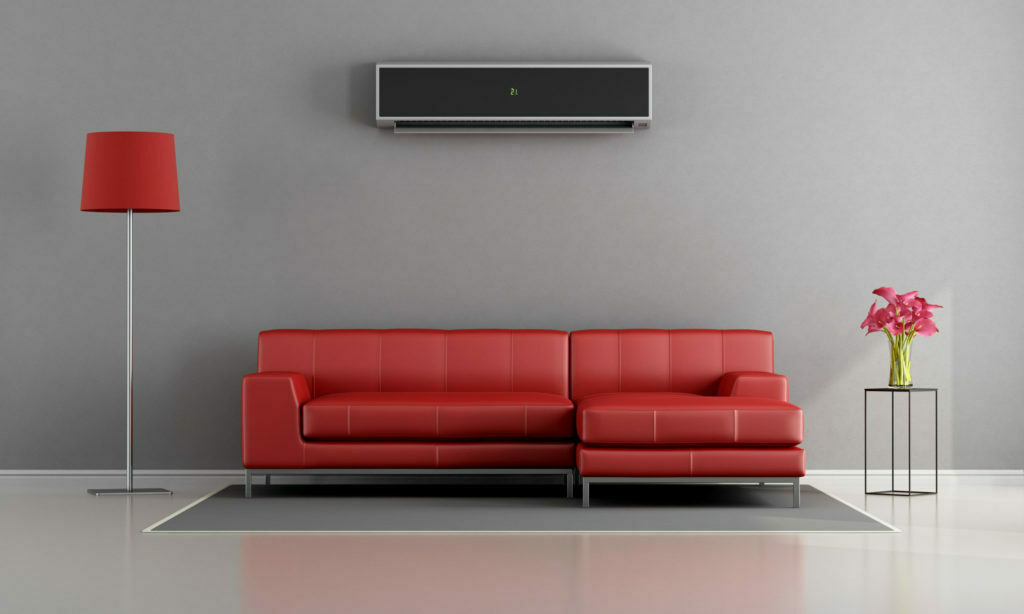Everyone wants their home to stay comfortable, and one of the most important parts of making this happen is choosing the right type of HVAC system for your needs. Central air has been the traditional option, and it comes with plenty of advantages, such as powerful air filters, excellent drainage, generally reduced initial prices, and easy integration with various air quality products. That may seem like a lot of points in favor of central air, but there’s really no such thing as “better” or “worse” when it comes to picking an HVAC unit.
A ductless system can offer plenty of advantages, and it’s not just the fact that it lacks the usual ductwork of a central system. Ductless systems are easy to install wherever you need them and are a perfect option for home additions, for example. Let’s take a look at some of the pros and cons of ductless mini-split systems, so you can decide if one is worth it for your home.
A mini-split system is a versatile option.

A ductless air conditioner consists of an indoor unit and an outdoor unit that houses the compressor and condenser. These units are connected by a small conduit that’s able to provide electrical power and circulate refrigerant through the system, as well as drain condensed moisture. A mini-split also uses a heat pump to deliver both warm and cool air, so this system has fewer parts to maintain.
The units are also available in a variety of sizes, so they’re easy to install almost anywhere. They also make it easy to provide cool and warm air to specific “zones” in your home, so adding a single pair of units can be a good idea to give better circulation to a room that needs it. If you need to make home additions, improve home safety, or support aging family members who are returning home, a ductless system can be installed quickly. These systems are flexible and can be used to heat and cool your entire house, or you can even support outdoor structures like garages and sheds.
A ductless system is energy efficient.

Energy efficiency is one of the top concerns for homeowners who want to both help the environment and lower monthly energy bills. Aside from the convenience of installation, the biggest advantage of a ductless air conditioner is its energy efficiency. These systems have built-in high-voltage converters that turn high-voltage electricity into direct current (DC) voltage. DC voltage is a one-way electric flow that is much more energy-efficient than an alternating current (AC).
A ductless mini will also usually have a compressor with varying speed options compared to a central air unit, which will usually just have two speeds that require it to switch on and off more often. Naturally, as the name suggests, you also won’t have to worry about losing heating or cooling power to the air ducts involved in a centralized system.
Built-in filters can keep your indoor air quality high.

It’s true that a ductless system isn’t as easy to connect to additional units, such as external air filters, but in most cases, they don’t need to be. If you choose to install a ductless system, ask the technicians about filtration options. You can find mini-splits that triple the air filtration of a central unit, which keeps your indoor air in good shape without the extra effort. There’s evidence to suggest that indoor air can be even more polluted than outdoor air, so these options can be great for your home safety.
A split system will generally have a higher cost to install (up to 30 percent higher) compared to more traditional options, and you’ll need an experienced installer to get the size of each unit right. Still, these downsides may not be significant if you need to heat or cool specific zones, lower your utility bill, or improve your air quality.






